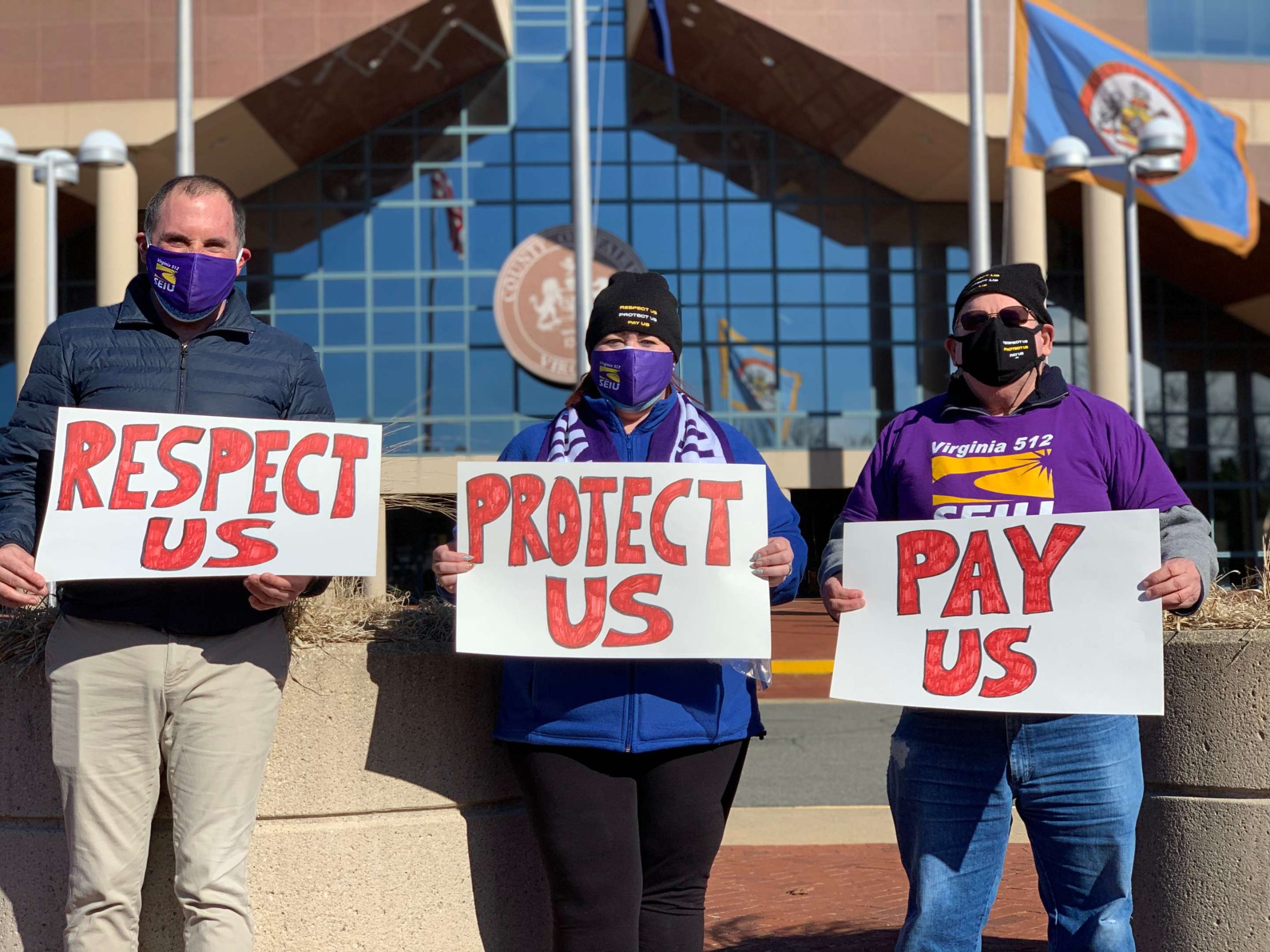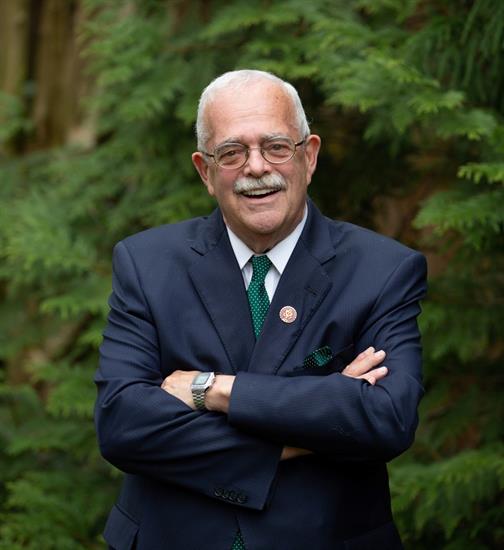How Prince William County’s move toward collective bargaining mirrors America’s progression
Labor Day was first celebrated by labor activists and individual states in the late 1800s, and first codified into law in Oregon back in 1887. The first Monday of September is a time to honor those who work tirelessly to keep our nation’s infrastructure operative.
As the country celebrates another Labor Day holiday, those workers who paved the way may finally see the fruits come to pass.
Whether it’s at companies such as Trader Joe’s or Chipotle, unionization has now taken place, with workers in several places voting to have their own unions. This now gives them the ability to collectively bargain for fair pay and benefits at the negotiating table. Following in the footsteps of movements at Amazon and Starbucks, support for unions is at its highest since 1965 at 71 percent, according to a Gallup poll. That same support has made its way into Prince William County, as well as several portions of the Commonwealth.
Back in April, the Commonwealth Institute for Fiscal Analysis released a comprehensive study which showed some startling information that highlighted the need for collective bargaining within the county. To recap:
- One in three county employees cannot afford to support themselves on their salary in Prince William County, and nine out of 10 cannot attain an adequate standard of living on what they are paid if they have two children.
- A majority of general employees in Prince William are women, and people of color are more likely to be in lower-paid general positions than in other county government positions.
- The turnover rate for Prince William County employees has been high for nearly a decade. Data analysis from the county budgets from July 1, 2014 to June 30, 2022 (fiscal years 2015 to 2022) shows an average turnover without a retirement rate of 8.5% and an average turnover with a retirement rate of 11% for county employees.
These statistics, while alarming to a county that has often been slow to growth, should be a clarion call to the Board of County Supervisors that collective bargaining is a must. Not only because of providing workers with a fair opportunity at negotiations but also it will close the wealth gap and the equity gap. The workers that are impacted the most are within Black and brown communities in public sector jobs.
That being stated, momentum is growing as workers from all departments are more involved. They’re finding solidarity in a shared battle. There’s many people leaving the county because they can’t afford to live in Prince William County, much less being able to raise a family, and it has motivated workers to have collective bargaining rights. In addition, having collective bargaining helps not only the workers, but the people they serve.
On September 13th, there will be a hearing at the BOCS monthly meeting. This is where Service Employees International Union 512 of Virginia will speak on these reasons and more as to why one of the most diverse counties in the nation needs to have an ordinance that will benefit those underserved workers. Collective bargaining and having union rights is for the common good, and its impact on communities as a whole will be a positive one. Workers need to be able to speak out without fear of retaliation, and have earned the right to have an opportunity to negotiate for not only their benefits, but for the future as well.



